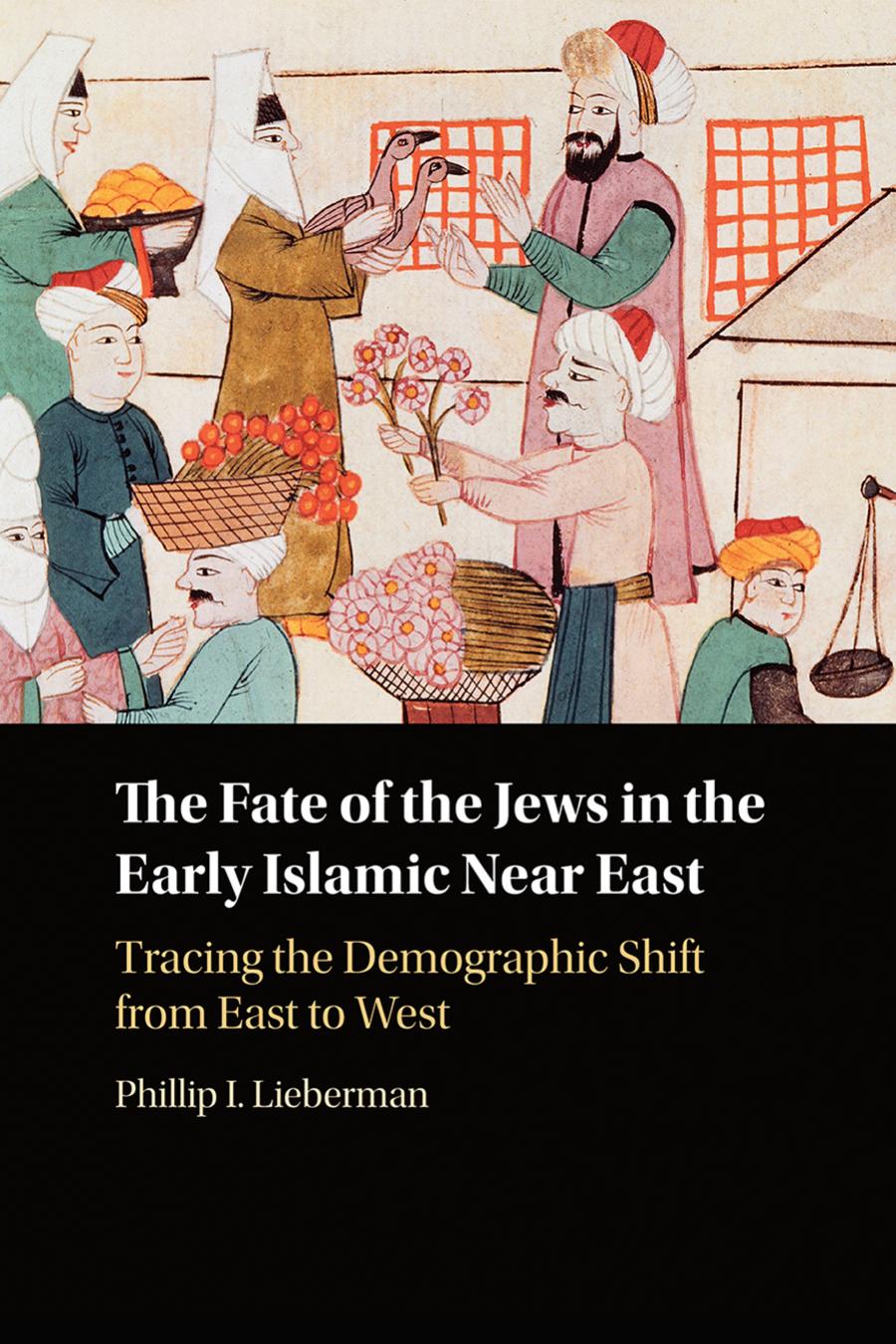

Most ebook files are in PDF format, so you can easily read them using various software such as Foxit Reader or directly on the Google Chrome browser.
Some ebook files are released by publishers in other formats such as .awz, .mobi, .epub, .fb2, etc. You may need to install specific software to read these formats on mobile/PC, such as Calibre.
Please read the tutorial at this link: https://ebookbell.com/faq
We offer FREE conversion to the popular formats you request; however, this may take some time. Therefore, right after payment, please email us, and we will try to provide the service as quickly as possible.
For some exceptional file formats or broken links (if any), please refrain from opening any disputes. Instead, email us first, and we will try to assist within a maximum of 6 hours.
EbookBell Team

0.0
0 reviewsIn this book, Phillip Lieberman revisits one of the foundational narratives of medieval Jewish history-that the rise of Islam led the Jews of Babylonia, the largest Jewish community prior to the rise of Islam, to abandon a livelihood based on agriculture and move into urban crafts and long-distance trade. Here, he presents an alternative account that reveals the complexity of interfaith relations in early Islam. Using Jewish and Islamic chronicles, legal materials, and the rich documentary evidence of the Cairo Geniza, Lieberman demonstrates that Jews initially remained on the rural periphery after the Islamic conquest of Iraq. Gradually, they assimilated to an emerging Islamicate identity as the new religion took shape, sapping towns and villages of their strength. Simultaneously, a small, elite group of merchants and communal leaders migrated westward. Lieberman here explores their formative influence on the Jewish communities of the southern Mediterranean that flourished under Islamic conquest.